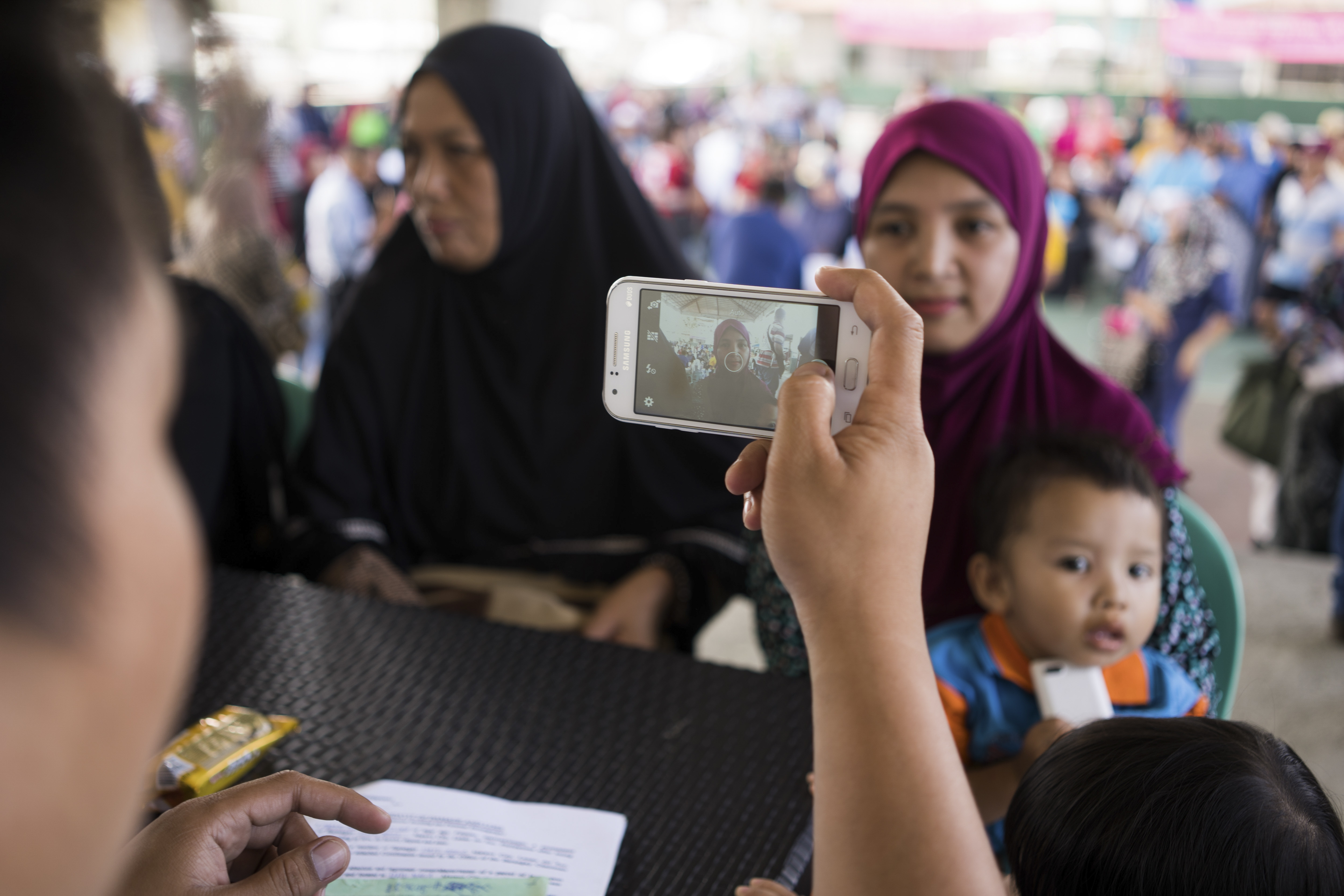Background and objectives
Background
In the last few decades, the world has faced more frequent and intense crises—driven in part by climate change, political and social conflict, cyber attacks, and disease outbreaks. These overlapping changes have strained traditional humanitarian response capacities and introduced the idea that better tools and mechanisms are needed to face them. At the same time, humanitarian contexts have digitalized: mobile phones, messaging apps and social media have become increasingly common among affected populations, and other new technologies, such as AI, data analytics, drones, biometrics, digital cash transfers, cloud-based computing, are progressively being tested and adopted by various actors in humanitarian spaces. This, in turn, has already been affecting humanitarian responses, including how needs are identified and assistance is distributed. While those technological changes aim to increase the effectiveness of humanitarian help, they also pose a series of new challenges for the field.
Programme goals
As digital services and technologies are developing and becoming increasingly used, so does the need for experts in those fields among humanitarian professionals. While there are several courses on humanitarian responses and on new technologies, so far there is no comprehensive academic programme that combines an exploration of ongoing technology developments and challenges with their humanitarian impact.
The HAP aims at filling this gap and form a new generation of humanitarian practitioners able to navigate these developments from a multi-stakeholder, multi-disciplinary perspective. The alumni of this programme will be key drivers in enhancing trust for digital advances in the field by applying a competent and ethical approach towards a responsible use and management of personal data.
To achieve these goals, Humanitarian Action Programme will:
- convene experts across multiple stakeholder groups in academia (legal, international relations, technical and engineering), government, civil society, and, of course, humanitarian practitioners to identify and map the key challenges facing humanitarian organisations in digital transformation, and develop knowledge on the basis of which to build meaningful response;
- provide knowledge and education for students and professionals; and
- conduct high quality research and policy analysis.
Objectives
Cybersecurity, digital privacy, and data protection, governed by increasingly stringent rules, are becoming core concerns of professionals in the humanitarian sector. Against the background, the establishment of the Humanitarian Action Programme responds to a series of needs - from those of the humanitarian and academic communities to broader societal ones.
To achieve this mission, it is important to confront the most pressing humanitarian challenges by providing innovative privacy, cybersecurity and data management education on matters related to the impact of digitalisation on humanitarian response and creating a knowledge hub bringing together academic researchers and practitioners.

Lanao del Sur, Tamparan. People displaced by the 2017 Marawi conflict gather in a gymnasium to register for the livelihood assistance program implemented by the ICRC. Photographer : SAN DIEGO, Martin © ICRC
The Programme will provide high quality academic education, expert knowledge and professional skills for people working or intending to work in the area of humanitarian action to tackle challenges in cybersecurity, digital privacy, and artificial intelligence.
Education
The educational activities will be divided into the ones focused on professionals (professional/continuous education) under the premises of the European Centre on Privacy and Cybersecurity and possibility the one offered within the academic offer of the Maastricht University. The following courses are envisaged:
- Data Protection Officer (DPO) in Humanitarian Action Training and Certification Programme;
- Professional Diploma in Digital Transformation in Humanitarian Action within the existing Professional Diploma on Privacy Management (starting in 2023).
- Humanitarian Action and Tech Summer School (starting in 2022)
- A new master track on privacy cybersecurity and data management (strategy and policy) in Humanitarian Action
Privacy&Cybersec Knowledge Hub
The Humanitarian Action Programme will create a Knowledge Hub by connecting and bringing together leading researchers and practitioners from a variety of relevant disciplines to share research findings and best practice on privacy and cybersecurity management and humanitarian action. To this end it will organize:
- Humanitarian Action Workshops
- Conferences and Seminars
- Applied/empirical research
- PhD Research
Awareness Training
Considering the relevant scope of digital humanitarian action, the Programme is aimed at raising awareness of the crucial area privacy/data protection, cybersecurity and individual’s dignity protection in the context of digital humanitarian action through analysis of global experience and revealing the issues and limitations on the latest technology implementation to support the humanitarian action in an increasingly digital environment.